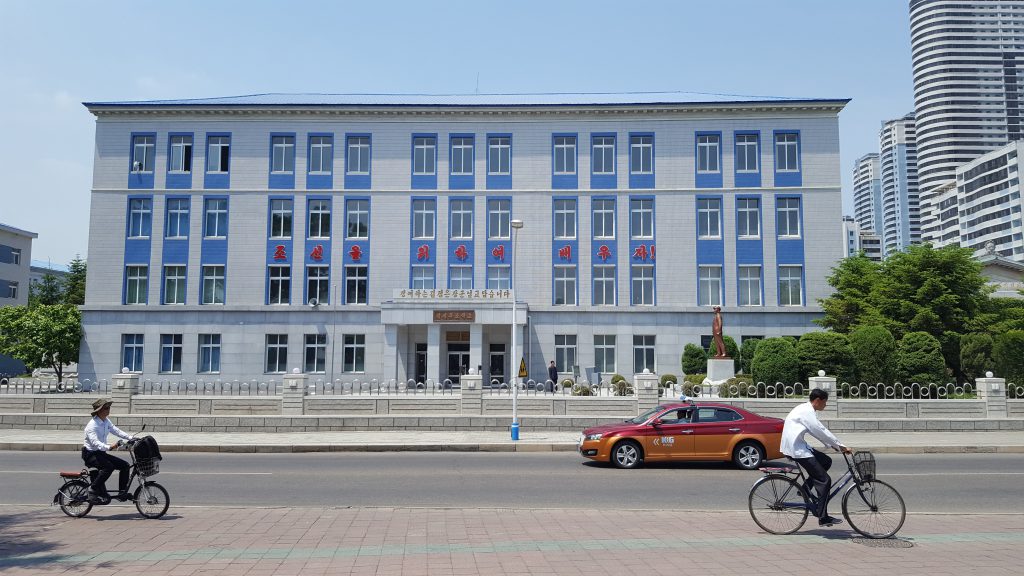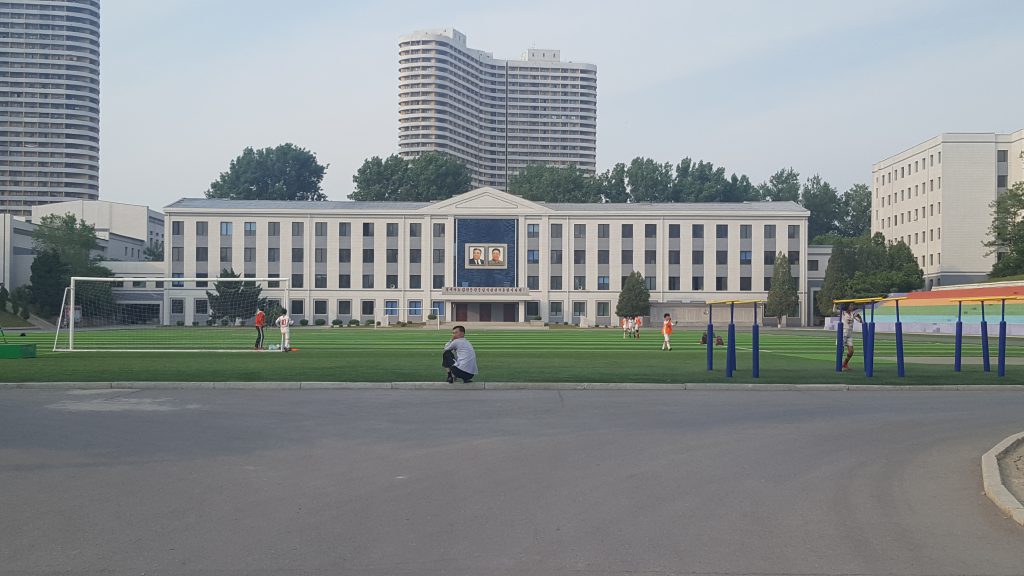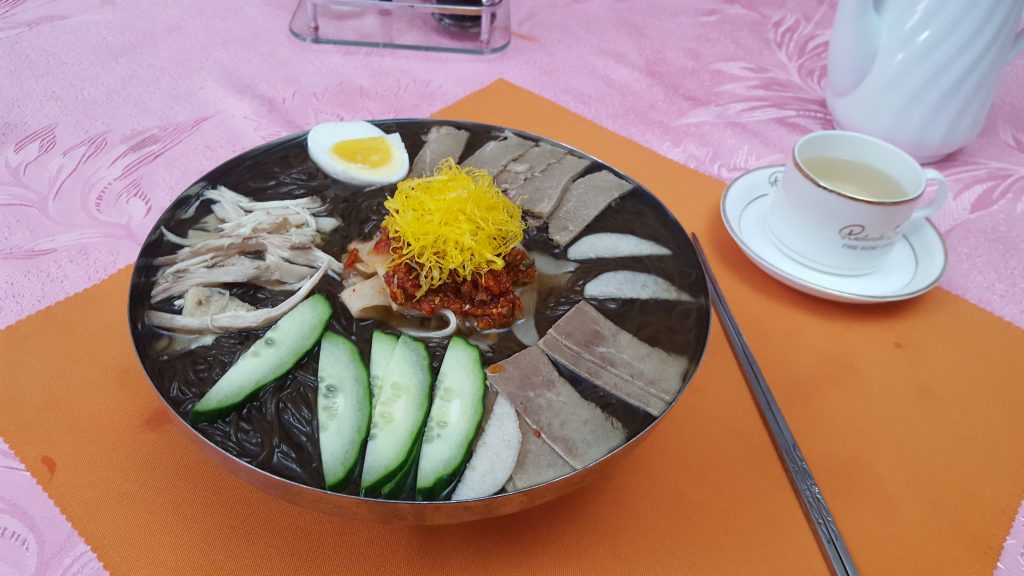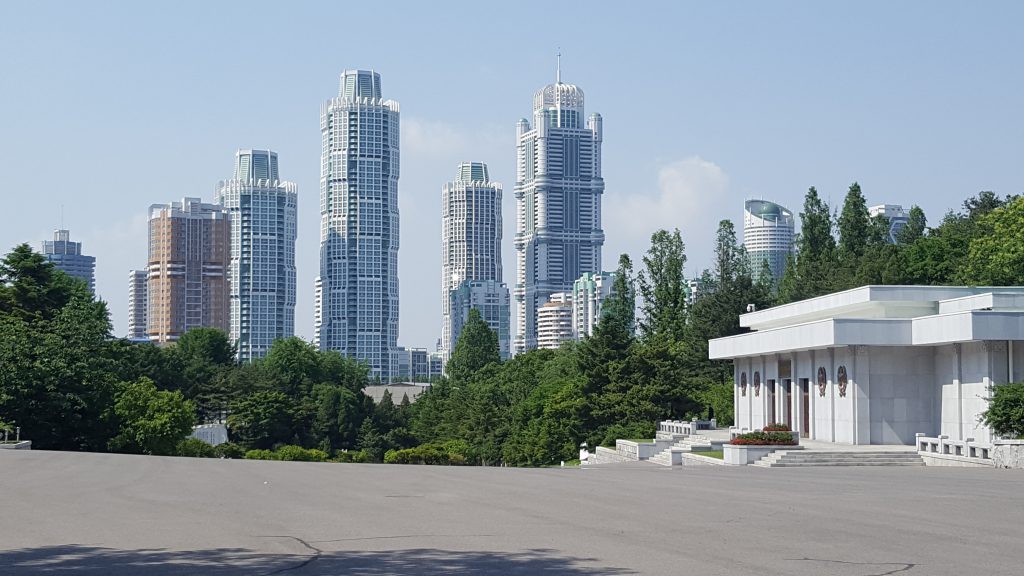Somewhat perversely, I always looked forward to the prospect of going offline; it was part of the ritual of visiting the place. There were no other options when I first started traveling to the country in 2012. Although I soon noticed that my guides—and nearly every citizen of Pyongyang—always had a mobile phone, coveted status objects for the rising middle class, these devices are, from an outsider’s perspective, extremely limited in use. For one, you cannot connect to the internet. While South Korea is one of the most connected places on earth, with one of the fastest wireless connections, North Koreans, save for a few elites working in the highest echelons of government, have no access to the internet whatsoever. Secondly, you cannot call outside the country. While in the beginning, mobile phones were used almost exclusively for calling and texting, upon my subsequent visits to North Korea, I began to notice they were being used for taking photos (including selfies), playing games, and, less frequently, for connecting to the country’s intranet, with its limited array of entertainment, news, information, educational tools, chatrooms, and domestic propaganda.1
On my first visits, foreign tourists were required to surrender their mobile phones to their guides upon arrival at the airport; your phone would be returned to you upon leaving the country. This policy changed, however, in 2013, as the mobile-phone carrier Koryolink introduced a new service for foreigners living, working, or visiting North Korea who wish to continue using their mobile phones. These SIM cards are designed with technology that restricts the user from being able to call or text North Korean numbers; they can only call or text other foreigners using the service within North Korea, or international numbers, thus enforcing the strict separation from foreign influence that the regime seeks to maintain among its populace. These SIM cards also allow the user to buy add-ons, including wireless internet access, although service can be patchy, depending on one’s location in the country. They are also exorbitantly expensive, and felt somewhat pointless to me, so I never bought one. The likelihood of ever having to call any other foreigner within the country was extremely low, as foreign tourists are forced to travel together as a group at all times, always under the supervision of North Korean guides; so unless I wanted to call a foreign embassy or aid worker, none of whom I knew personally, there was no real point in having one. What’s more, I didn’t want to be connected to the outside world. As I was traveling to North Korea out of a sense of fascination with the country and its global isolation, as well as for the ultimate purpose of writing a book, the process of cutting all ties became very much woven in to the project.





